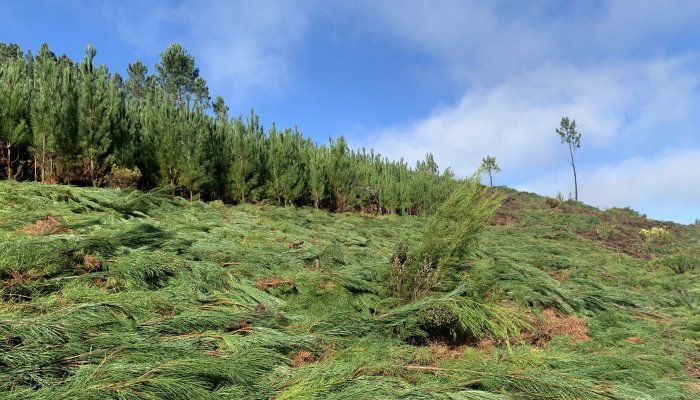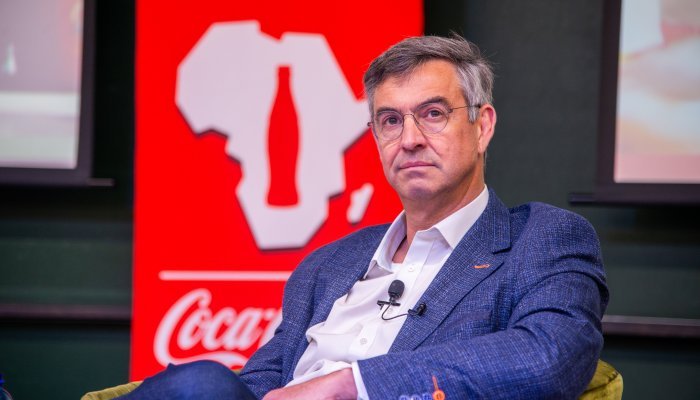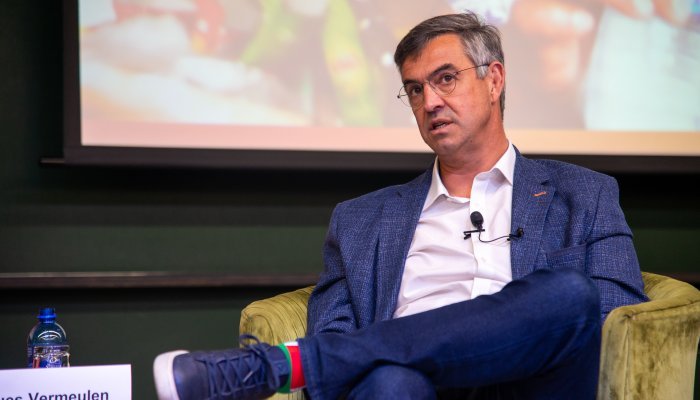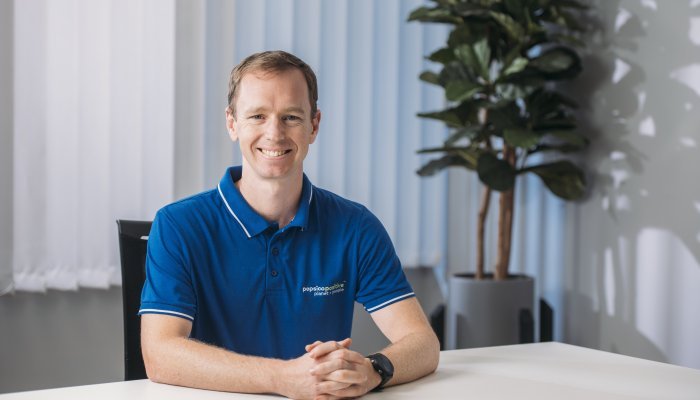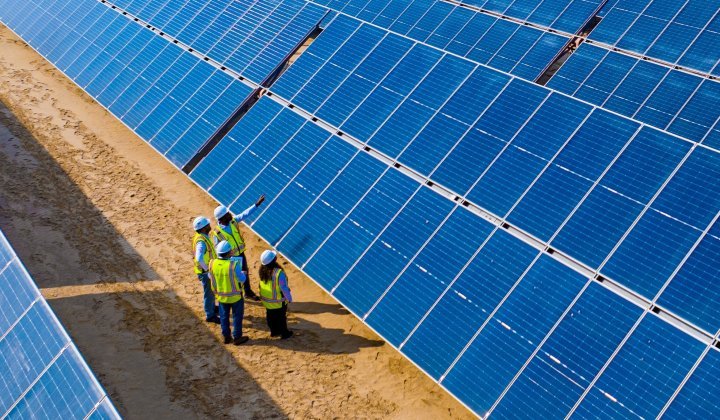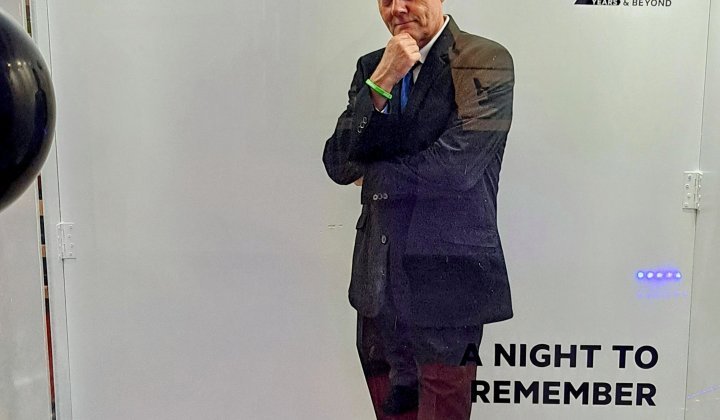Widespread urban development, aging infrastructure and the very real effects of climate change are the causes of a worsening global freshwater scarcity crisis. As a result, a number of cities around the world are likely to face severe water shortages and even run out of water in the near future.
According to the BBC, cities as varied as Sao Paulo, Cairo, Jakarta, London, Tokyo, Beijing, Bangalore, and Istanbul face the risk of their own Day Zero, a point when the city and surrounds could run out of water.
Earlier this year, reports surfaced that taps in Mexico City, a sprawling metropolis of nearly 22 million people and one of the world’s largest cities, would run dry in a matter of months. Years of abnormally low rainfall, longer dry periods and high temperatures added stress to a water system already straining to cope with increased demand.
The business case for water
Water usage by manufacturing and industrial businesses has long come under scrutiny as the availability of this scarce resource is an existential threat to both businesses and the communities in which they operate.
But it is not only manufacturing companies that use water in their operations that have to be aware of their water footprint.
According to the Financial Times, the world’s biggest technology companies have substantially increased their use of water to cool down data centres, sparking concerns over the environmental impact of the generative artificial intelligence boom.
“In 2022, Microsoft increased its water consumption 34%, Google 22% and Meta 3% as a result of their growing use of data centres, at a time when many parts of the planet are experiencing deep and extended droughts, and fresh drinking water is already a scarce resource,” the newspaper reported.
A month before OpenAI finished training its most advanced model, GPT-4, a data centre cluster in West Des Moines, Iowa, consumed 6% of the district’s water, resulting in a lawsuit filed by the area’s residents.
The deterioration of water supply and quality in South Africa is adding yet another layer to the cost of doing business. In its half-year results to the end of December 2023, restaurant group Spur said 217 of its 595 outlets had spent money on water storage tanks or purification systems.
Group CEO Val Nichas told Business Day clean water was “more difficult to provide for than electricity as storage tanks were much bigger than generators and did not always fit neatly into existing restaurant premises”.
Water is fundamental to the operations of many businesses. But as a shared resource, water stewardship and reasonable and responsible water use is central to businesses’ social license to operate. This is the ongoing acceptance of a company or industry’s standard business practices by employees, stakeholders, and the general public that is created and maintained over time as a company builds trust with the community in which it operates.
Businesses in the food and beverage manufacturing industry are aware of the potential impact of industrial water use on water availability for communities, the environment, and municipal operations.
These organisations have been at the forefront of developing innovative solutions to minimise their water use and have devised partnership initiatives that are potential models for other sectors to emulate.
Coca-Cola supplies safe drinking water to communities in need
The Coca-Cola Company’s Water Security Strategy 2030 is “based on the reasoning that water is the primary ingredient for the company but that it should not be used to the detriment of communities’ survival,” according to its website. The group is focused on projects that reduce water use in operations, protect local water resources and provide safe, clean drinking water to communities in need.
Coca-Cola Beverages South Africa invests in strategic water restoration projects to make water accessible to communities, prioritising areas where there is a risk of water shortage. Coke Ville, an off-grid, solar-powered groundwater harvesting and treatment programme, was launched in Limpopo in 2020 and has expanded to 32 sites across the country, including the Eastern Cape, Gauteng, and KwaZulu-Natal, as well as in the Nelson Mandela Bay metropolitan area, which in recent years has faced a devastating drought.
In drought-stricken Graaff-Reinet in the Eastern Cape, the Coke Ville mega project is powered by solar energy and feeds directly into municipal infrastructure, supplying the entire town of Graaff-Reinet with potable water.
PepsiCo: Reduction, replenishment, and restoration
“The primary water risk for us is a lack of supply,” PepsiCo sustainability manager and water centre of excellence lead for South Africa Sean Power explained.
“As a business, the first solution is to use less, reduce your dependence on the resource, and then you can think about potential alternative water sources such as boreholes and recovering water from wastewater.”
As a multinational food, snack, and beverage corporation and the local manufacturer of brands such as Weet-Bix, Simba, Liqui Fruit, Lay’s, Sasko and White Star maize meal, PepsiCo runs extensive water stewardship programmes where country operations must comply with broader global group targets.
Senior director of global climate and water solutions for PepsiCo David Grant said the pervasive and increasing incidence of water stress could perhaps be the most clear-cut consequence of climate change. Approximately two billion people lack access to safe drinking water around the world. As weather patterns become increasingly erratic and destructive, floods and drought are continuing to deplete water resources.
The core pillars of PepsiCo’s water strategy are reduction, replenishment and restoration. “We aim to reduce the overall burden that our company has on local watersheds, or areas of land that channel rainfall, by ensuring that every litre of freshwater withdrawn is used, treated, and then reused to the greatest extent possible,” Grant said.
South Africa has an extraordinary share of the water risk in the PepsiCo global footprint, Power explained. “We’re a water-stressed country, and have layers of risk with competition for resources, scarcity, service delivery, and aging infrastructure.”
While there are often comparisons drawn between the dire water situation in South Africa and load-shedding, Power said, “It is far easier to install a generator than it is to deal with either a lack of water or very poor-quality water.”
PepsiCo’s water stewardship initiatives in South Africa include:
- In 2018 Cape Town was facing the prospect of Day Zero due to severe drought. As a result, PepsiCo’s Cape facilities underwent a business continuity planning process to devise ways to operate with insufficient water or no water at a site level. While the catastrophe was avoided, the preparation triggered water efficiencies, better controls, investments, and efforts that have since been implemented at facilities across the country.
- PepsiCo has partnered with municipalities to install pressure-reducing valves in bulk municipal systems to control and lower pressures, reducing the losses associated with leaks and reduce the likelihood of new leaks.
- The restoration of watersheds, through partnerships with local stakeholders, mean impactful solutions can be delivered at scale. PepsiCo has partnered with the WWF, the Nature Conservancy and the City of Cape Town to establish the Greater Cape Town Water Fund. The project aims to make more water available into the water management system by clearing invasive plants that consume more groundwater than native plants. The removal of these species has resulted in 1.8 billion litres of water retained in the watershed.
Power emphasised the importance of partnerships to make each of these initiatives a success: “We do face risks, but we don’t face them alone. We must come up with common solutions and collaborative efforts with like-minded stakeholders across the value chain to achieve scalability.”
KEY TAKEAWAYS
- Water is fundamental to the operations of many businesses. But as a shared resource, water stewardship and reasonable and responsible water use is central to businesses’ social license to operate.
- Widespread urban development, aging infrastructure, and climate change are driving a worsening global freshwater scarcity crisis. But it is not only manufacturing companies that need to be aware of their water footprint.
- Water stewardship partnerships are crucial to ensure solutions can be delivered at scale.
Potato water harvesting and other innovative solutions
Global food and beverage manufacturer PepsiCo’s snacks facility in Kolkata, India, produces 49 000 tons of potato chips annually.
The group has found an innovative way to harvest water from potatoes – by collecting water released by the tubers in the form of condensation when they are cooked to make chips.
The average potato is made up of approximately 80% water. By using best-in-class technology, the facility captures the condensation and treats it to drinking water standards. This water can then be reused, reducing the amount of freshwater needed by the operation by 50% and adding savings of up to 60 million litres of water per year.
At its Vallejo food manufacturing facility site in Mexico, PepsiCo has created its first fully circular water system. For more than 200 days in 2022, the site achieved zero freshwater consumption, not drawing a single drop of water from the municipal supply by focusing on the internal recovery, treatment and reuse of water.
Plastic waste and water
While plastic packaging waste may seem unrelated to water, most plastic waste pollution ends up in water sources, threatening the health and sustainability of freshwater bodies.
Beverage manufactures and bottlers such as Coca-Cola Beverages South Africa aim to reduce waste by creating reusable and recyclable packaging.
According the United Nations Environmental Programme, approximately 20% of plastic waste in Africa ends up in water bodies. This includes single-use plastic bags, bottles, straws, and other non-degradable plastic materials that are harmful to aquatic ecosystems.
Poor waste management systems, pervasive waste littering by consumers, and a lack of suitable waste management infrastructure makes this worse and leads to plastic waste dumped into water bodies.
“Responsible water stewardship and managing plastic waste go hand in hand,” CEO Jacques Vermeulen told a GIBS forum last year.
Coca-Cola and other like-minded industries came together in 2004 to set up an industry-funded and self-regulated extended producer responsibility scheme, the PET Recycling Company (Petco), to promote the recycling of polyethylene terephthalate (PET) plastic. Petco takes responsibility for recovering and recycling beverage PET plastic bottles. The model has proven so effective it is currently being rolled out to eight other African countries.


